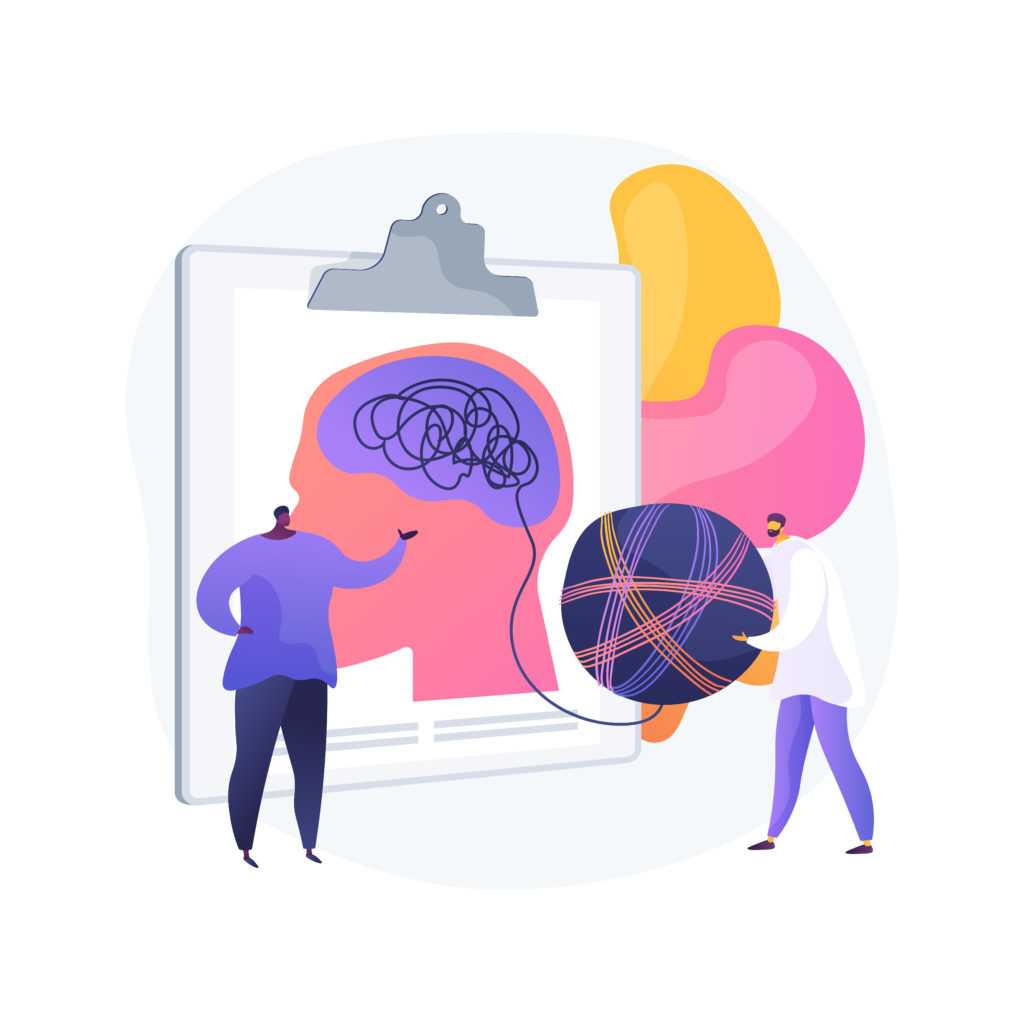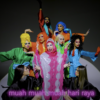In the past few weeks, we’ve been allowed a taste of regular life again and I have been enjoying every bit of it. I am mindful that we are still in a pandemic but within reasonable means I am socialising at a much higher rate than I have over the past year and a half. As an extroverted 25 year old, I am finally feeling more like myself again. I feel more productive, I feel more happy, I feel like I’m finally actually living and not just existing. However, in the back of my mind there’s a nagging urge of just wanting to go home, curl up and do exactly what I did all lockdown long. I can’t quite understand this feeling, but at times it overwhelms me. Why do I want to put myself back in that place after it being the thing I hated the most? Has the pandemic had more effect on me than I thought?
“Maybe having all our basic needs met allowed us to feel more, and in feeling more we felt guilty for even doing so.”
I think back to my sister’s 24th birthday. Our family is big into birthdays, it’s the one day a year we really go all out and celebrate each other. My sister, who lives on the other side of the world in Los Angeles, shares the sentiment – go big (no other option stated). But then Covid came into play and all birthday plans were shot, in the city of LA cases were at their highest and she had to celebrate her birthday via zoom. We made the best of it and she had a great day nonetheless, we both hoped that this would be the only zoom birthday our family would have. Technically, it was. This year, restrictions loosened right in time for my birthday and I wasn’t filled with the usual joy and excitement, I was filled with dread and anxiety. I just didn’t want that day to exist, it felt so stupid to even care after all we’ve been through and despite spending months hoping and praying that I would physically get to be with my friends, I almost wanted to just be home and have a lockdown birthday. Now I know, this is an extremely privileged problem, people were worried about basic survival and here I am worrying about my birthday but that’s exactly the point. Maybe having all our basic needs met allowed us to feel more, and in feeling more we felt guilty for even doing so.
I’m not the only one who feels this way, when I talk to my friends and peers we all to a certain degree are feeling this. We’re so happy to be in the presence of one another again but extremely exhausted at the same time. All of us have faced an immense trauma living through this pandemic. We may not have always indulged the fears, but to a certain degree we were afraid that if it didn’t kill us or someone we loved, it would just never go away. Living for so long with a universal fear is an experience we are not familiar with. We don’t know how to regulate our thoughts or process these emotions. So now that we’re back to living our lives and we know for a fact that there is going to be an end, we are finally able to face the residual emotions from that fear. Maybe we’re going through some kind of collective post pandemic stress disorder.

This made me wonder, when the global collective is put through trauma what are the long-term side effects? How has it affected our mentality? And will this experience leave lasting effects that we’ll never see coming? If even now we are facing this deep exhaustion, I’m not sure how things are going to play out in the long run. I’m not here for answers, I’m here to put forth my experience in the hope that someone reading this will maybe be feeling the same way. My inability to mediate my wants and needs within these “unprecedented times” may not be just an individual problem but a collective one.
Only time will reveal the effects of all we’ve been through and although I am feeling the exhaustion, I am also feeling relieved. The thought of this past year and a half being a distant memory keeps me hopeful. One day we’ll wake up and not hear the word pandemic again, it’ll be like it never even happened – just a drawn out bad dream.
How have you all been dealing with the ever-changing new normal? Are you feeling exhausted too?






